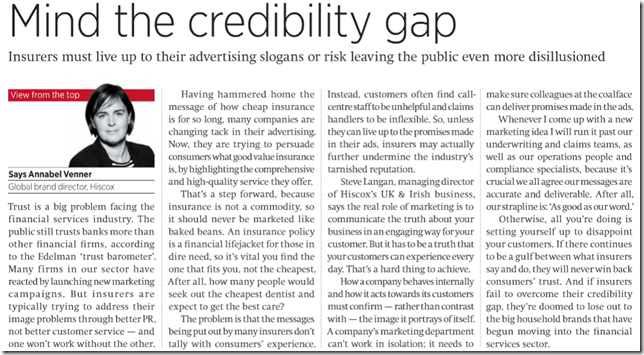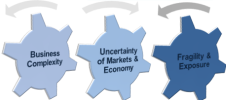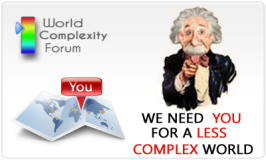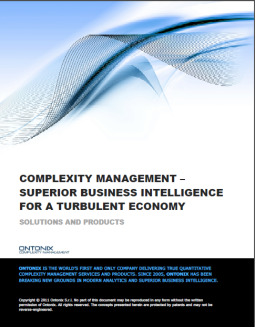Insurance Industry:: Innovation, transformation or failure
Wednesday, 16 January, 2013 3 Comments
If you have visited my blog before you will already know that I have spent some considerable time researching and commenting upon a wide of topics that, although many within insurance fail to see the connection, are related directly related to the insurance industry.
In truth, my work was initially prompted by concerns (a deep dissatisfaction may be more appropriate!) about how the insurance (particularly broking) operated: structure; culture; regulation; remuneration levels; use of IT; cover; pricing of RISK. It was only as I delved deeper into the subject matter, a form of ‘root cause analysis’ [RCA] – causality being particularly pertinent to insurance! – that I came to fully appreciate HOW DANGEROUSLY LIMITED the understanding and application of a probability-based assessment of risk truly was. Especially when the business environment has, fundamentally and irrevocably, changed.
If a future event will take place, it will do so irrespective of the probability that we may have attached to it. If an extremely unlikely event will happen, it’s probability of occurrence is already 100%
Having been introduced to Complexity (by Dr Jacek Marczyk, Founder of Ontonix srl) and it’s relationship to risk and uncertainty my RCA led me to investigate from a (more rigorous) scientific and mathematical perspective. Eventually into the realm of the behaviour of Complex Systems and, inevitably, to Systems Thinking. Gradually, the understanding, that comes from viewing life and work through the Systems lens, revealed that much of what is wrong with Financial Services stems from unnatural interventions.















